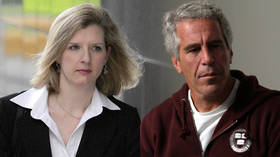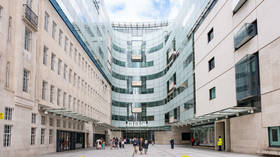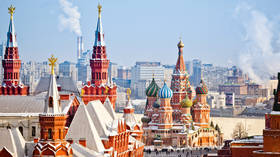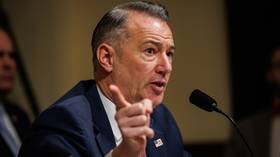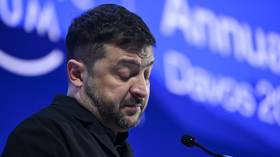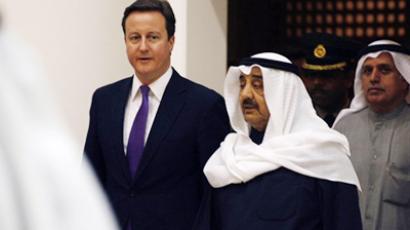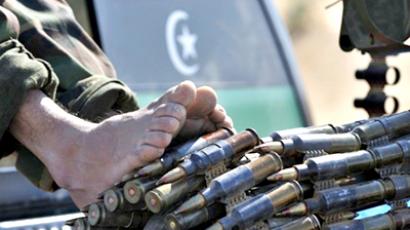Handshakes over arms? Cameron visits Saudi Arabia
David Cameron’s first visit to Saudi Arabia is intended to “broaden and deepen” the UK-Saudi relationship. But as the British PM plays lip-service to the Arab spring, keeping the repressive oil kingdom armed remains on top of his agenda.
With bilateral trade worth 15 billion pounds (US$23 billion) and Saudi investment in the UK topping 62 billion pounds, Saudi Arabia is the UK’s largest trading partner in the Middle East.And by meeting with King Abdullah and Crown Prince Nayif Friday, Cameron hopes to advance a broad range of British interests in the region.But while Downing Street is keen to talk about human rights and political reforms in the wake of the Arab Spring, one question raising concerns at home is Britain’s perennial arms sale to Saudi Arabia.Currently, Saudi Arabia is the second-largest buyer of UK arms, second only to the US.RT’s Laura Smith said that despite suppressing protests on home soil and Saudi Arabia’s increasingly tense relationship with Iran, the UK plans to go ahead with a lucrative order for 72 Eurofighter Typhoon jets. There are also rumors “the contract could possibly be expanded to include 48 more Eurofighter Jets,” she said.It appears that upping such valuable arms contracts in the region is a trend Cameron hopes to continue during his visit to the conservative Islamic kingdom.During a September 9 London Chamber of Commerce-sponsored event entitled “Middle East: A Vast Market for UK Defense and Security Companies,” Saudi Arabia was described as “the top destination for the UK defense industry.”And as the Arab Spring kicked off, UK arms shipments actually increased throughout the region.In fact, while Cameron lauded the Libyan people for giving others in the region hope that they could have “a stake in how their society is run,” Britain has been at the forefront of arming repressive regimes in North Africa and the Middle East.According to Alhurriyya News, between the months of February and June 2010, the UK exported arms worth 30.5 million pounds to the Middle East and North Africa, compared to 22million pounds in the same period of 2010.This steep increase in arms exports came despite promises by the British Foreign office for “an “immediate and rapid” review of military exports to the region.During this same period, the British Ministry of Defense admitted UK troops may have trained Saudi Arabia’s National Guard who went on to crush civil rights demonstrations in Bahrain last March.According to the UK’s Stop the War Coalition, such conflicts of interest are not isolated events. The group says that “out of the 26 countries that the UK has highlighted as being 'countries of concern´ on human rights, we sell arms to 16 of them.”Prime Minister Cameron’s latest visit has many in the Committee on Arms Export Controls asking why licenses to export a broad range of military equipment, from bomb equipment to components for military combat, have not been revoked considering given allegations of serious human-rights abuses in Saudi Arabia early last year.And with the Stockholm International Peace Research Institute reporting that the UK was the world’s fifth-largest weapons exporter in 2010, it appears that banging the drum for British arms is a Cameron priority.
Senior politics editor at the New Statesman magazine, Mehdi Hasan, believes Britain has no moral authority to preach democracy to Syria and Iran, while backing a “tyrannical” country which is using lethal force to disperse protests.
“It’s a bit rich for the British prime minister to stand in Saudi Arabia and condemn the dictator in Syria without looking around him – all the dictators were surrounding him in Riyadh,” he told RT.
“Not only are we not backing people in Saudi Arabia who are calling for greater civil liberties, but actually arming the tyrants."




